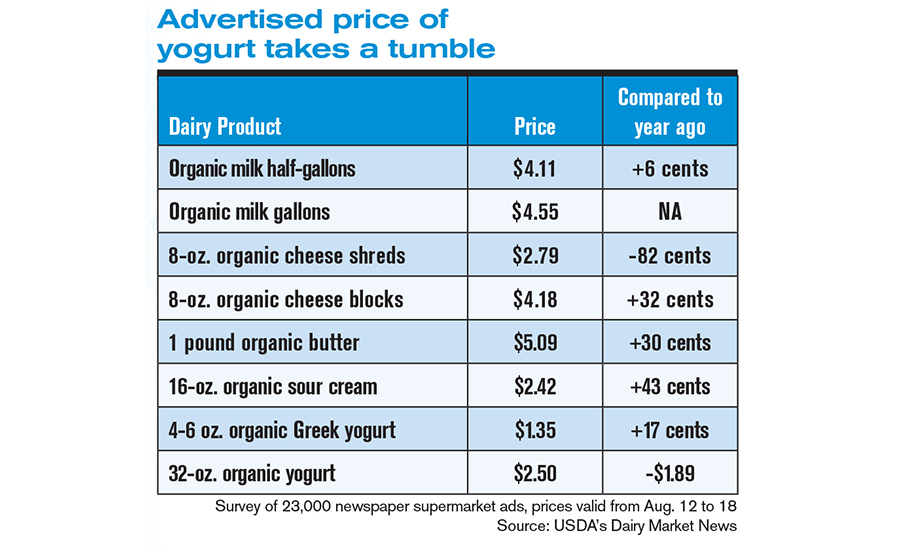Dairy Milk Chocolate Price List
Less than Rs 20 (3); Rs 21 to Rs 50 (8); Rs 51 to Rs 100 (1); Rs 101 to Rs 200 (1); Rs 201 to Rs 500. Cadbury Dairy Milk Chocolate Home Treats Pack 140 gm 20 Units. Cadbury Dairy Milk Family Pack - Chocolate Bar 145 gm.

Carvel, Atlanta, has new ice cream products and promotions in time for National Ice Cream Month. From June 1 through September 13, customers can visit participating Carvel shoppes for new Reese’s Peanut Butter soft ice cream and other Reese’s Peanut Butter ice cream desserts, including: • Hand-Scooped Reese’s ice cream with swirls of Reese’s peanut butter sauce, chocolate and chopped Reese’s peanut butter cups. • Reese’s Peanut Butter Sundae Dasher featuring Reese’s Peanut Butter ice cream on top of a layer of peanut butter sauce, mixed with Reese’s peanut butter cups and topped with a layer of fudge and whipped cream. • Reese’s Peanut Butter Shake made with fresh Reese’s Peanut Butter soft ice cream.
• Flying Saucers made with fresh Reese’s Peanut Butter soft ice cream between two chocolate crackers. • Reese’s Peanut Butter Hidden Treasure Cone made with Reese’s Peanut ice cream dipped in Carvel chocolate Bonnet. It features chunks of Reese’s Peanut Butter Cups inside the cone. On Sunday, July 19, Carvel will also be having a buy one get one free offer on any size and any flavor of soft-serve cones all day long at any Carvel shoppe.
The company had its Free Cone Day on April 30, where customers were also encouraged to help raise money for the American Red Cross. Throughout the day, Carvel offered a $2 coupon book worth more than $20 in savings. All proceeds from sales of the coupon books went toward a $20,000 donation to support the organization’s disaster relief efforts. This year, Carvel surpassed $125,000 in total contributions to the American Red Cross since 2012. Mark your calendars for the company’s Free Cone Day next year on April 30.
Dairy Milk Chocolate Price List
Click through this slideshow to see where you can get free cones throughout the year, plus learn about other ice cream promotions. ON DEMAND: Deposit formation by biopolymers such as proteins or polysaccharides on membranes causes significant reductions in flux and transmission of components, irrespective of reverse osmosis, nano-, ultra- or microfiltration applications. Crossflow conditions are meant to minimize deposit formation, but cannot prevent the deposition of material sufficiently. Part of the reason is the inconsistent transmembrane pressure along the flow path across a membrane module with a high transmembrane pressure at the module inlet and a gradient towards lower pressures towards the module exit.